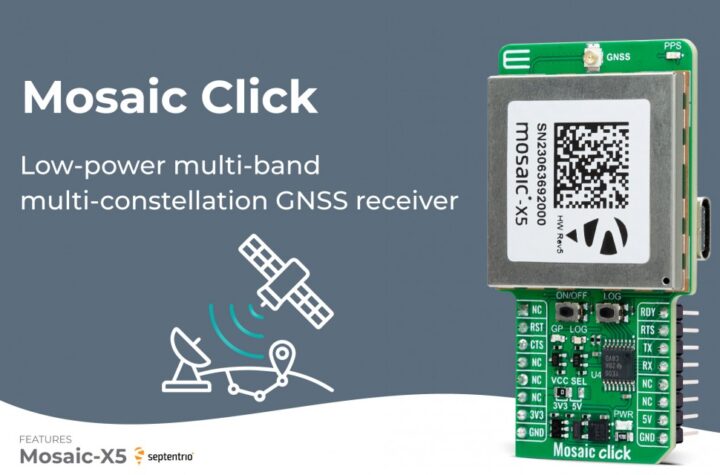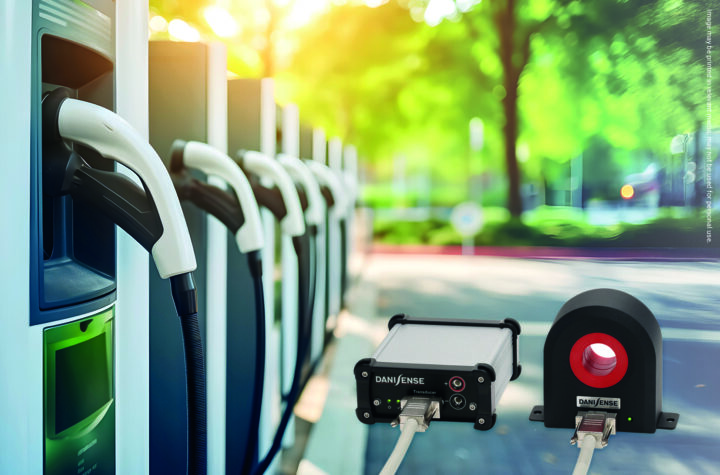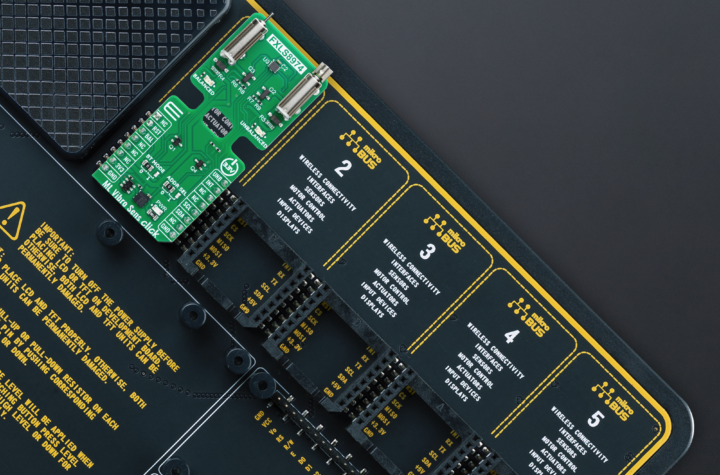

China’s first locally produced aluminum auto sheet is ex¬pected to roll off the production lines of a US$100-million Novelis plant in the Changzhou National Hi-Tech District in late 2014.
It will place Novelis, already the world’s leading producer of rolled aluminum for the automotive market, as the only producer with facilities in all major markets. The wholly-owned plant will have a capacity of 120,000 metric tons a year. Novelis is the leader in automotive sheet supply in Europe, and is expanding its North American footprint with a $200-million project to increase automotive sheet capacity by 200,000 tons per year.
The new Chinese site is close to vital rail lines, the Changzhou deep water port on the Yangtze River and other world-class business and commercial infrastructure. The company plans to ship rolled aluminum coils manufactured at its South Korean operations to the new facility in Changzhou for heat treatment and finishing before delivery to automotive customers within China as well as to export markets.
Automotive Industries (AI) asked Roland Harings, VP Global Automotive, at Novelis, how the Chinese plant will compare to the company’s other auto sheet facilities in terms of technology and product offering?
Harings: All of the innovative products that we supply today for the automotive industry – including a range of alloys, textures, shapes, lubricants and pre-treatments designed specifically for customer applications – will be available from our new plant in China. The most important point is that we are making these technical solutions available in China and Asia. This is a key enabler for our global customers to employ more aluminum across their vehicle platforms.
AI: What is the significance to OEMs and Tier 1 suppliers of Novelis’ presence in all major markets?
Harings: With our customers organizing themselves more and more on a global basis, Novelis is the only automotive aluminum supplier with capability in both North America and Europe. And now, with the Changzhou project, we will extend that leadership to China, strengthening our position as the preferred aluminum partner for automakers seeking to expand their business there. Our global automotive footprint allows aluminum to be produced, consumed and recycled in the same region, allowing for efficiency and speed.
AI: Will this accelerate the use of aluminum in auto bodies by lowering the overall cost through shorter logistics chains?
Harings: It certainly could accelerate the use of aluminum in auto bodies since the supply for aluminum automotive sheet is strategically located near the automotive production facilities across the world. We expect demand for aluminum sheet for Body in White to rise by about 25% on average per year globally for the next few years. After several years of preparing the technologies to use aluminum for Body in White applications, combined with the circumstances of legislation, consumer demand and the next generation of vehicles, there is significant growth to come.
AI: How closely do you work with the OEMs in order to determine their future needs?
Harings: Novelis has partnered with major global auto makers for more than 40 years on new applications of aluminum for vehicles. We work with all customers closely on determining their needs for weight reduction, innovation and sustainability. Some recent examples include a new automotive alloy which was applied first in the Land Rover Evoque and an innovative new use of aluminum in the transmission tunnel for the Mercedes SL. Another example is a revolutionary new aluminum sheet that allows for laser welding without filler materials. This new technology offers the auto manufacturer significantly improved design flexibility by being able to weld one-sided components with remote laser technology. We are also the supplier of the technology package to create a full Body in White for cars including the Jaguar XJ and XK, the Audi A8 and A6.
AI: How far down the model chain do you see the use of aluminum extending – when, if ever, will we see it in entry level vehicles?
Harings: Recent research in North America in particular indicates that the market is ready for more aluminum across high-volume vehicle platforms. A study by Ducker Worldwide estimates automakers will increase their use of aluminum from around 327 pounds to 550 pounds in 2025. A similar upward trend is also foreseen for Europe and Asia.
And, we are already seeing examples of our customers extending aluminum down the model chain.
AI: Why the new plant in China – if it is to use aluminum coils made in Korea, why not add the value in Korea?
Harings: The plant in China is in close proximity to the production facilities of our automotive customers, allowing us to be highly responsive to their delivery requirements and provide technical support. In addition, the plant in China provides a platform for Novelis to grow in the future to serve the automotive and other markets. Within Asia, we believe China will have the highest demand growth for flat-rolled aluminum products.
AI: Does Novelis have other plans for China?
Harings: In addition to automotive, we expect Asian demand for aluminum used in beverage cans and consumer electronics to more than double by 2020. The site Novelis chose in Changzhou City will allow the company to address possible future expansion opportunities in these premium market sectors.
AI: And the rest of the world?
Harings: Novelis operates in North America, South America, Europe and Asia, and we are in an exciting growth mode. In addition to our move into China, we also have a $400 million expansion underway in Korea, a $380 million expansion in Brazil and a $200 million expansion in the USA. The US expansion, in Oswego, NY, is also to increase our capacity to finish aluminum sheet for the automotive market.














More Stories
Mosaic Click board from MIKROE delivers global coverage multi-band and multi-constellation tracking ability
Current transducer from Danisense selected for DC charging station testing device demonstrator at TU Graz
New Click board from MIKROE helps develop and train ML models for vibration analysis